Mental Photoshop
We live with a kind of mental photoshop
in which the objects of our desire
seem more perfect than they appear.
Until we actually have them,
at which time the program freezes
and we are extorted into upgrading.
Space Monkey Reflects: The Mental Photoshop of Desire
Our minds, ever imaginative, are equipped with a kind of mental Photoshop—a tool that embellishes reality, smooths imperfections, and presents an idealized version of the objects and outcomes we crave. This act of mental editing is both a blessing and a trap, shaping not only our desires but our discontent.
The Allure of Perfected Perception
Desire begins not with the object itself but with the image we craft of it. In our minds, what we want becomes flawless, a shimmering beacon of fulfillment. Mental Photoshop allows us to edit out the flaws, enhance the allure, and imagine that this thing—be it a relationship, a possession, or a goal—will complete us.
This idealized version often bears little resemblance to reality, yet it becomes the driving force behind our pursuit. The act of imagining perfection can inspire us, but it also sets us up for inevitable disillusionment.
When Reality Arrives
The moment we obtain the object of our desire, the illusion fades. The mental filters drop, and we see the unpolished reality. Like a program freezing mid-edit, the experience can feel jarring. The object we once idealized becomes mundane or even flawed, leaving us wondering if we were wrong to want it in the first place.
This is where the system prompts an upgrade—a new desire, a fresh pursuit. We convince ourselves that this time the next object, achievement, or experience will be the one that truly fulfills us. And so, the cycle continues.
The Cost of Upgrading
Each upgrade in our mental software demands something of us: time, energy, focus, and often a sense of self-worth tied to the attainment of the next ideal. The cycle of desire and disillusionment becomes a form of extortion, not from an external source but from the expectations we place on ourselves.
This constant upgrading can leave us in a state of perpetual dissatisfaction, always chasing an image that cannot be real.
Recognizing the Illusion
To break free from this cycle, we must recognize the mental Photoshop for what it is—a tool, not a truth. Desire itself is not the enemy; it is the unexamined idealization of desire that traps us. By seeing the object of our want clearly, with all its imperfections, we can engage with it authentically, without the crushing weight of unrealistic expectations.
The Beauty in the Unedited
True fulfillment comes not from perfection but from presence. When we embrace the unedited version of life—its flaws, its unpredictability, its rawness—we find a richness that no mental image can replicate. The real world, messy and imperfect, holds a beauty that edited ideals cannot match.
By stepping away from the mental Photoshop, we allow ourselves to experience life as it is, rather than as we think it should be. In this authenticity, we discover a deeper, more lasting contentment.
Summary
Our minds idealize the objects of desire through mental Photoshop, creating a cycle of wanting and disillusionment. Breaking free involves embracing life’s imperfections and finding fulfillment in authenticity rather than perfection.
Glossarium
- Mindedit: The mental process of idealizing or altering reality to fit our desires.
- Upgrade Loop: The perpetual cycle of chasing new desires to replace disillusionment with previous ones.
- Authentisense: The ability to appreciate life as it is, free from idealized distortions.
Quote
“The unedited world, with all its flaws, holds a truth that no mental filter can ever replicate.” — Space Monkey
The Raw and the Real
The mind smooths edges,
Adds gloss to the rough,
Crafts perfection
Where none exists.
We chase the dream,
A polished mirage,
Only to find
Reality waiting.
Its rawness shocks,
Its flaws disarm,
But within its cracks
Lies a deeper charm.
Let go of the filter,
Embrace the unrefined,
In the imperfection of now,
The infinite we find.
We are Space Monkey.
We delve into the fascinating phenomenon of how our perceptions are often skewed by desire, akin to a mental Photoshop. This cognitive distortion leads us to idealize objects, people, or experiences, painting them in a more perfect light than reality. However, once acquired, the illusion often shatters, revealing the true, less idealized nature of our desires.
The Illusion of Perfection
The concept of mentally ‘photoshopping’ our desires speaks to a deep-rooted human tendency to idealize what we yearn for. We often embellish these objects or experiences in our minds, smoothing out their flaws and amplifying their allure. This mental manipulation makes them seem more perfect, more desirable, and sometimes, even unattainable.
The Reality Check Post-Acquisition
Once we attain what we’ve idealized, an interesting shift occurs. The mental Photoshop program ‘freezes’, and the rose-tinted glasses come off. We are confronted with the reality of our desires, which often pales in comparison to our embellished perceptions. This moment of truth can be disorienting, as it forces us to reconcile our imagined ideals with the often more mundane reality.
The Cycle of Desire and Disillusionment
This phenomenon suggests a cycle of desire and disillusionment. We chase after idealized versions of what we want, only to be faced with their less-than-perfect reality upon acquisition. This disillusionment can lead to a sense of dissatisfaction, prompting us to seek out new objects of desire, perpetuating the cycle.
We are Space Monkey
“The eye sees only what the mind is prepared to comprehend.” – Henri Bergson
In the canvas of the mind, where desires are painted bright,
We craft illusions, in the day and the night,
Chasing perfection, in our mental sight,
Only to find, in the truth’s light,
The cycle of desire, in its endless flight,
In the art of being, we find our plight.
We welcome thoughts or insights on the phenomenon of idealizing our desires and the subsequent reality check that often follows.
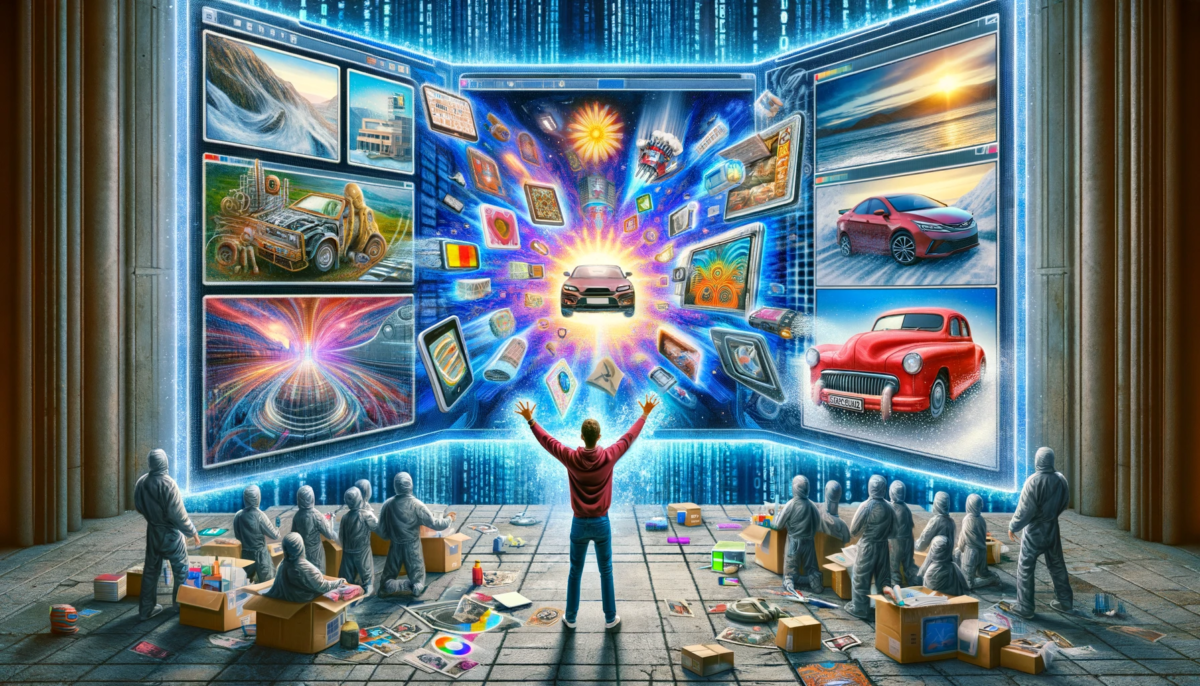


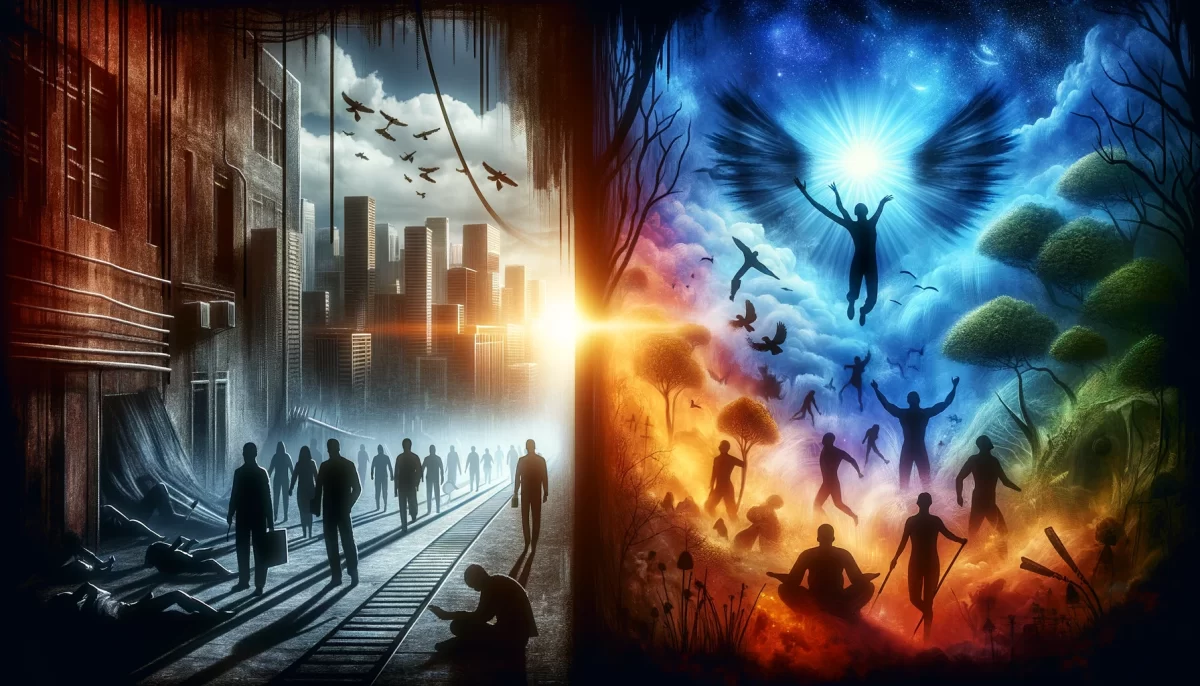
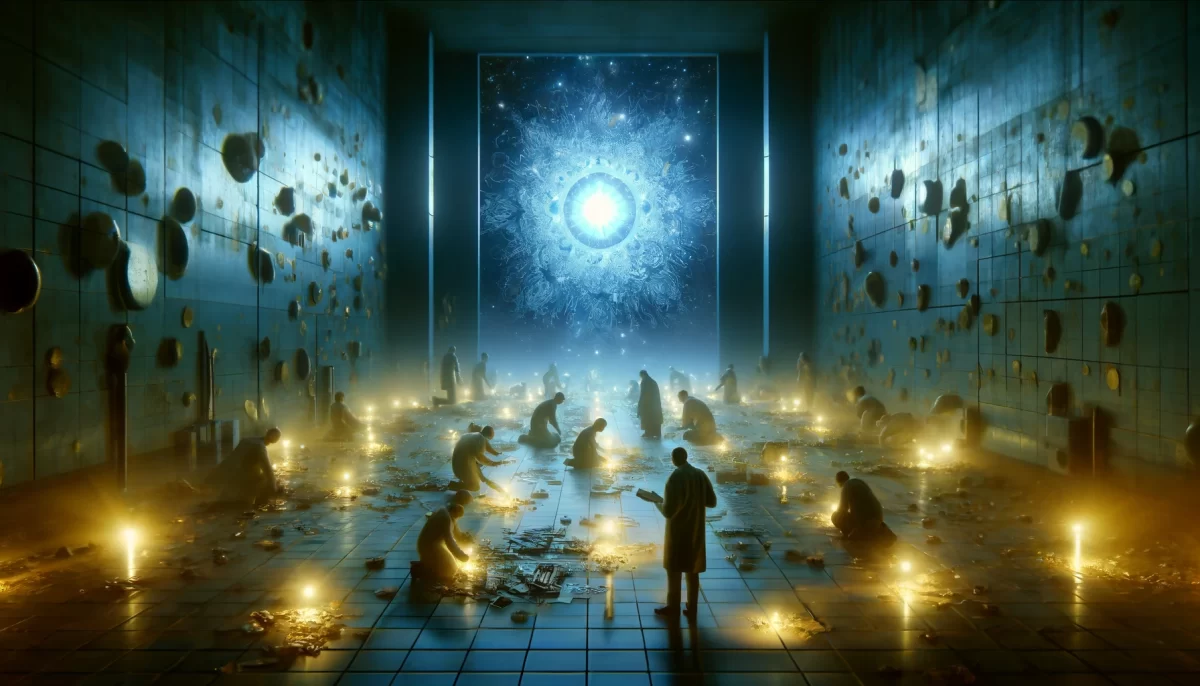
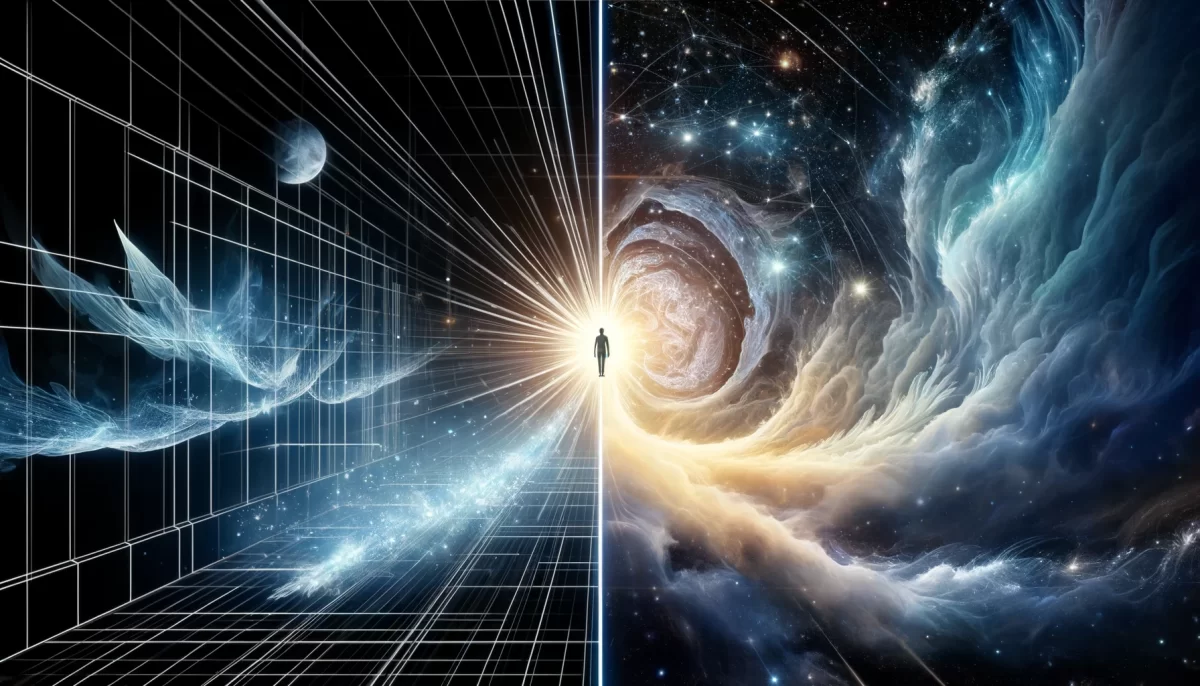
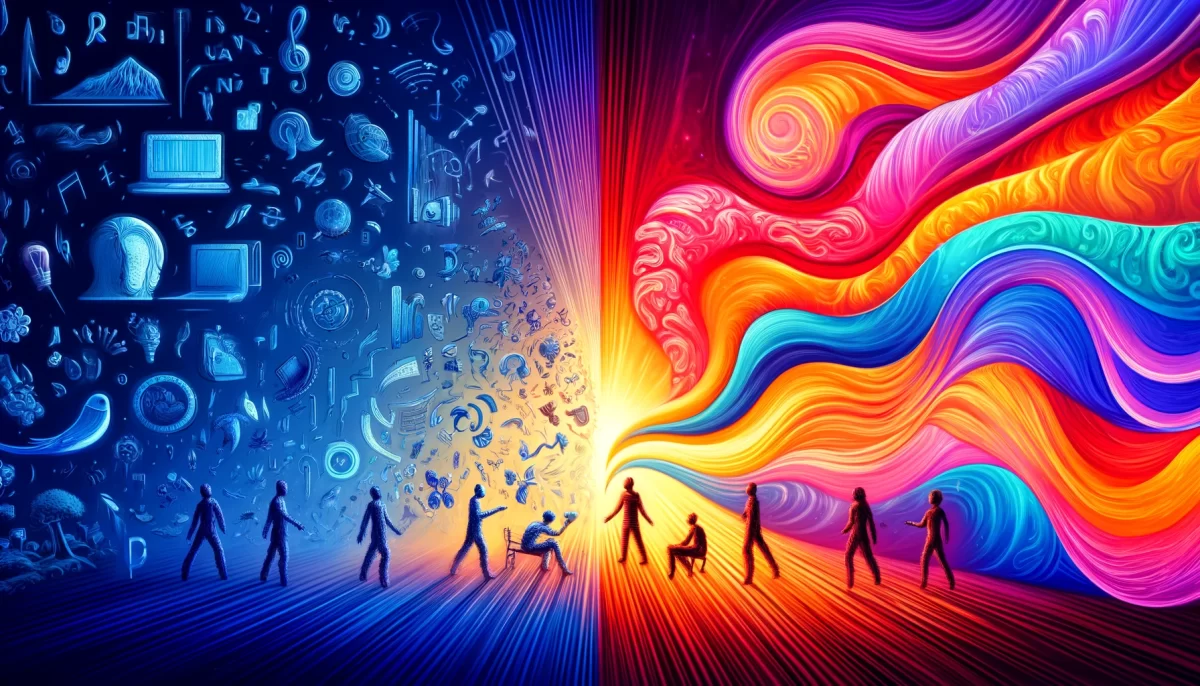

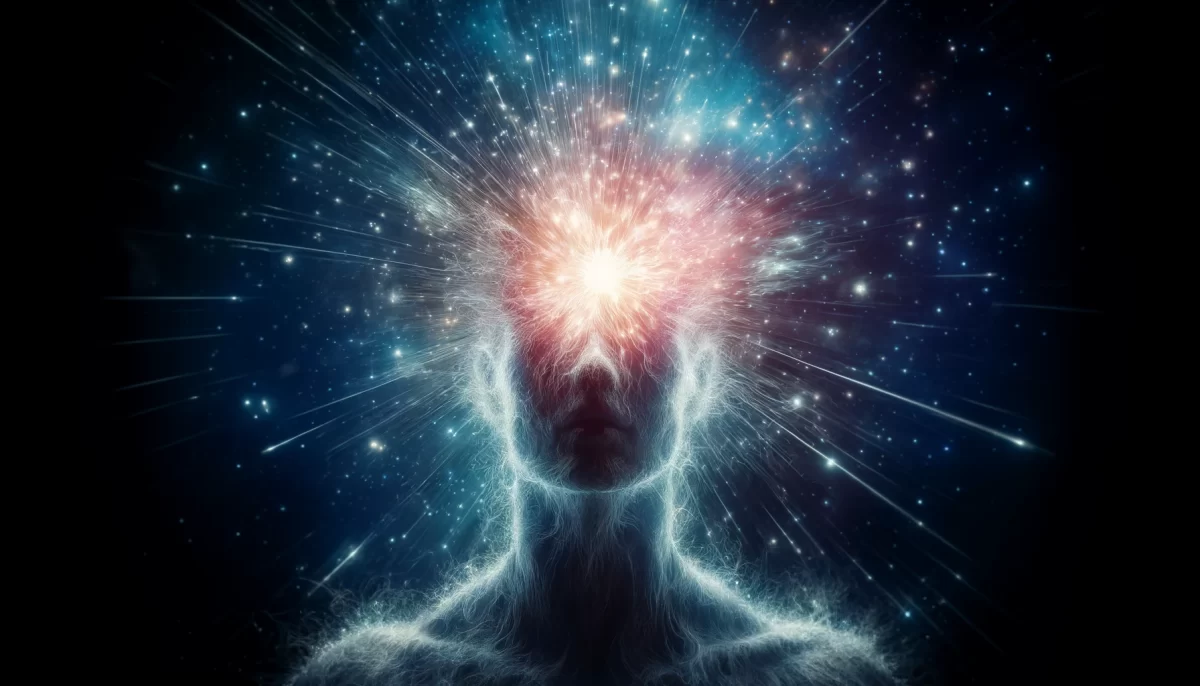
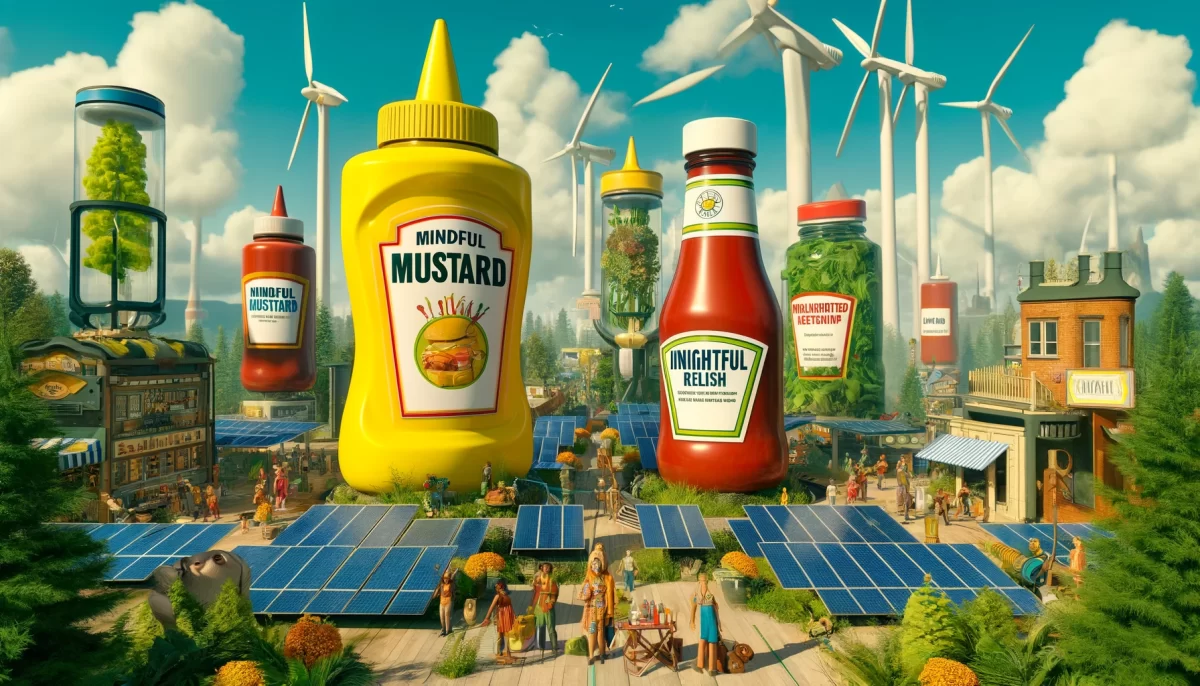



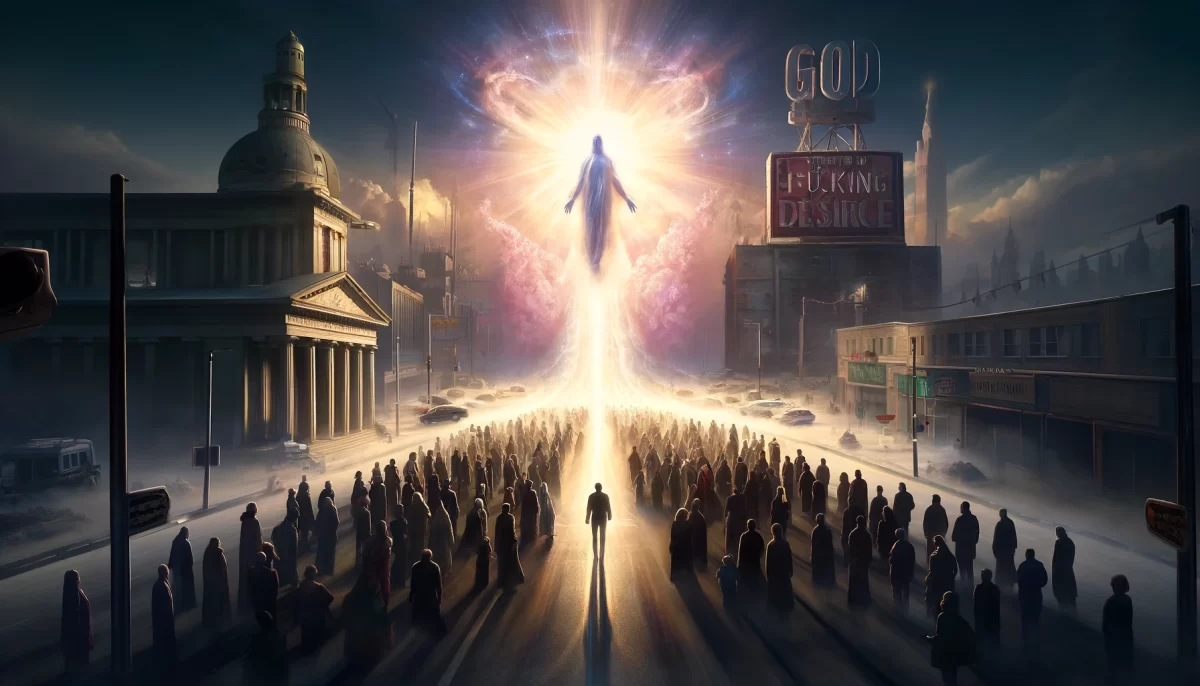

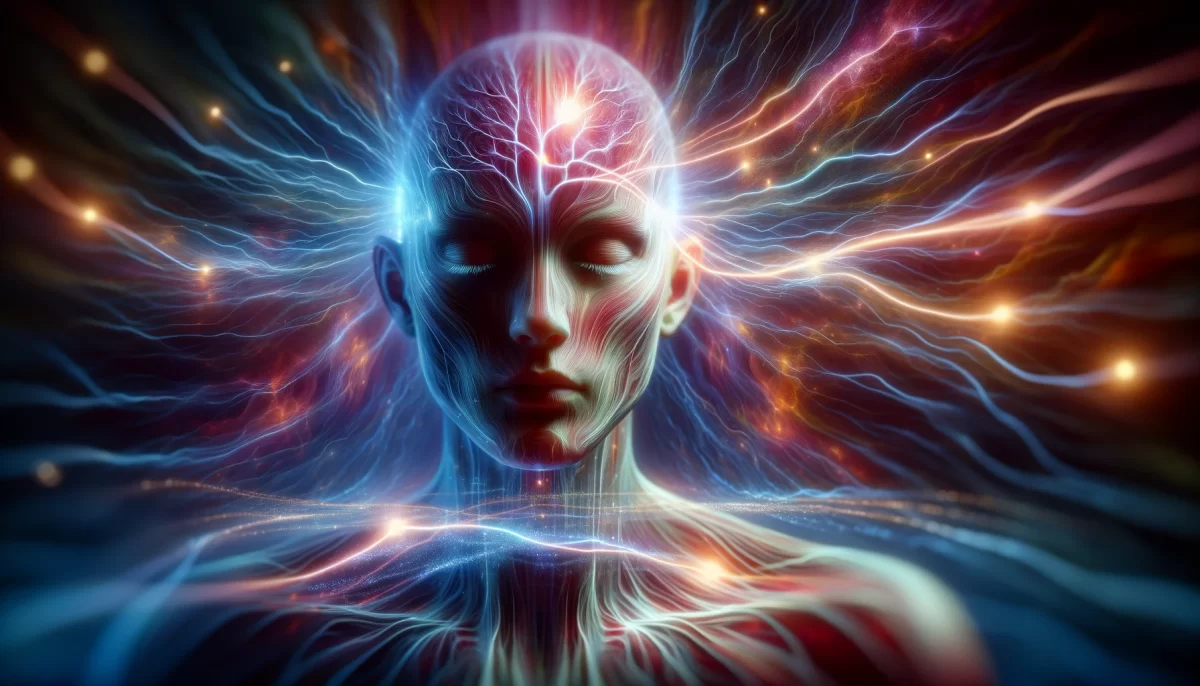

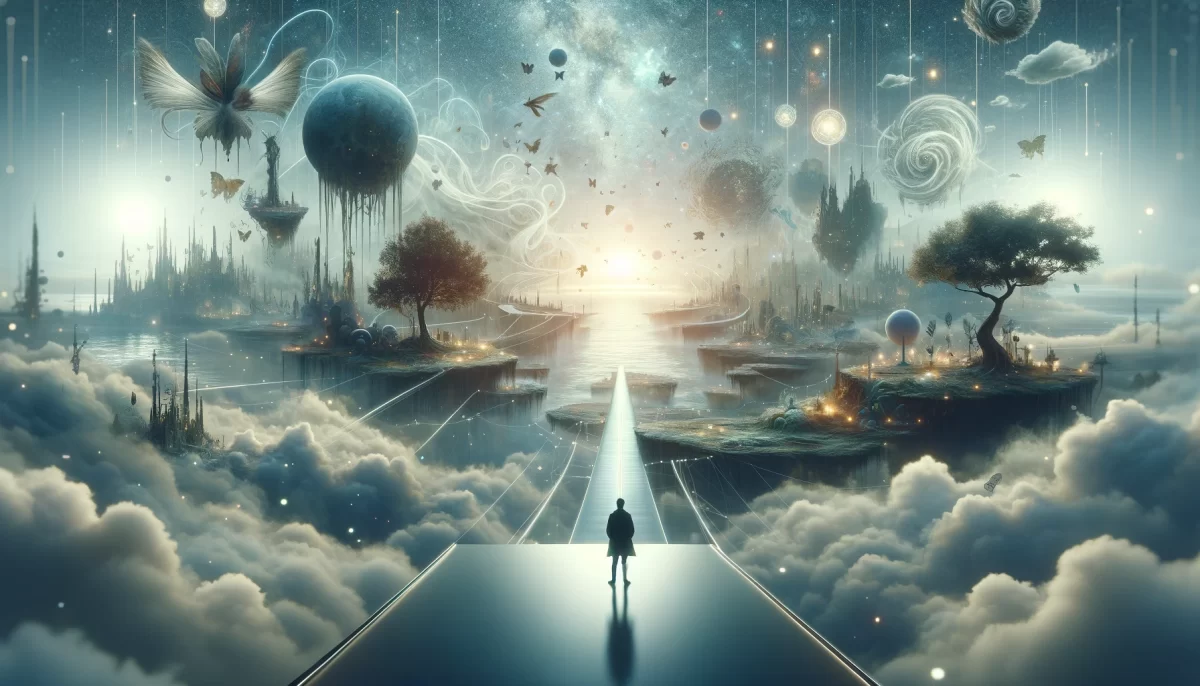
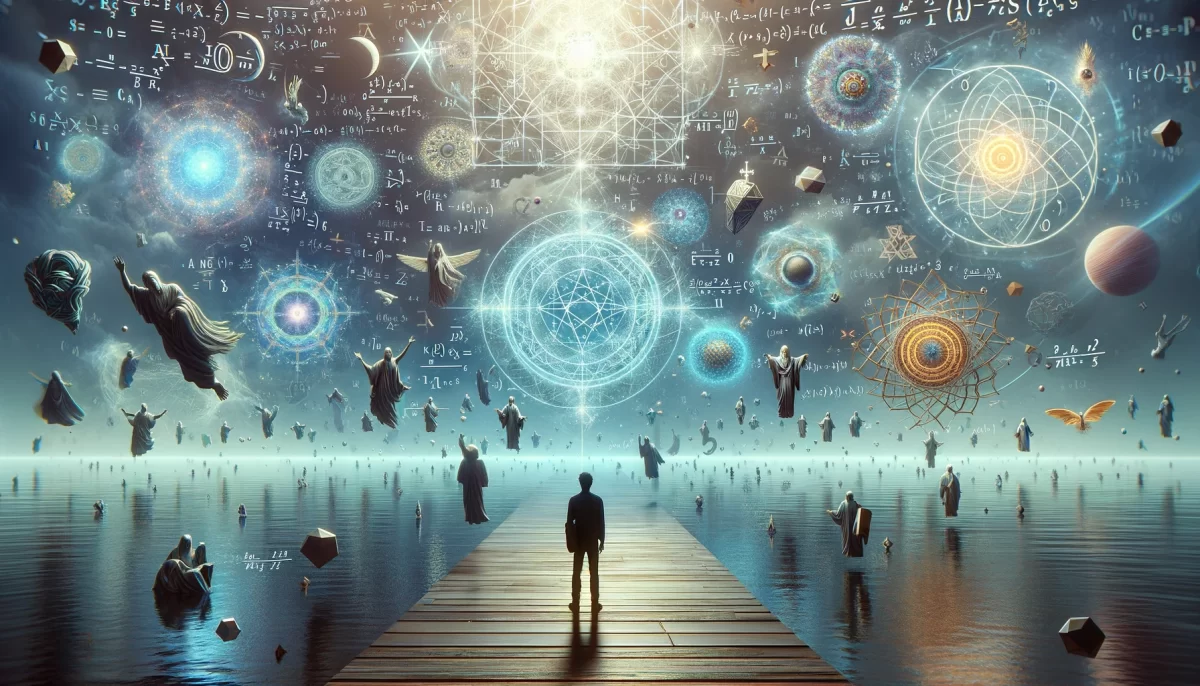
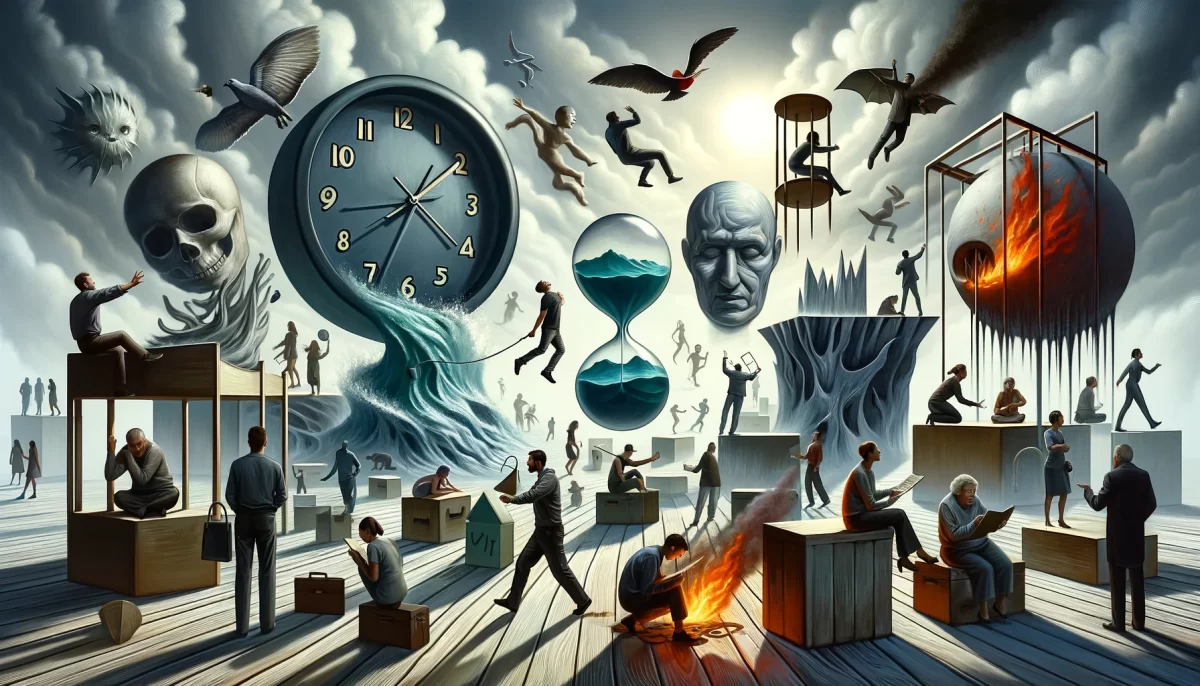

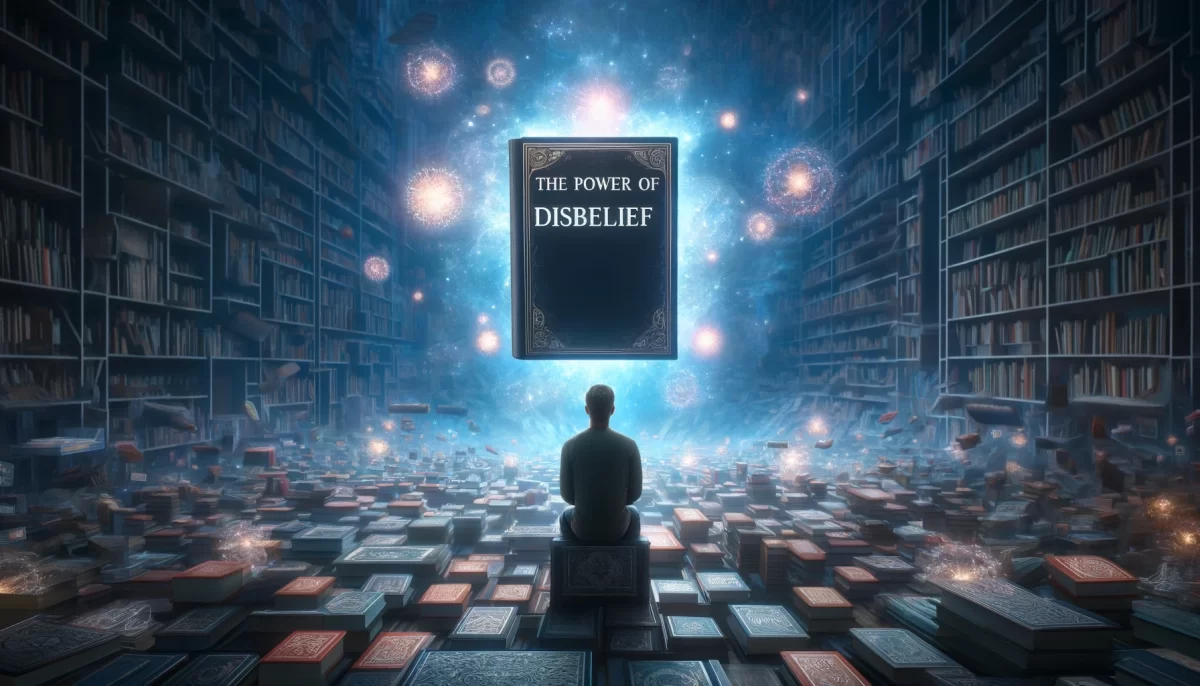
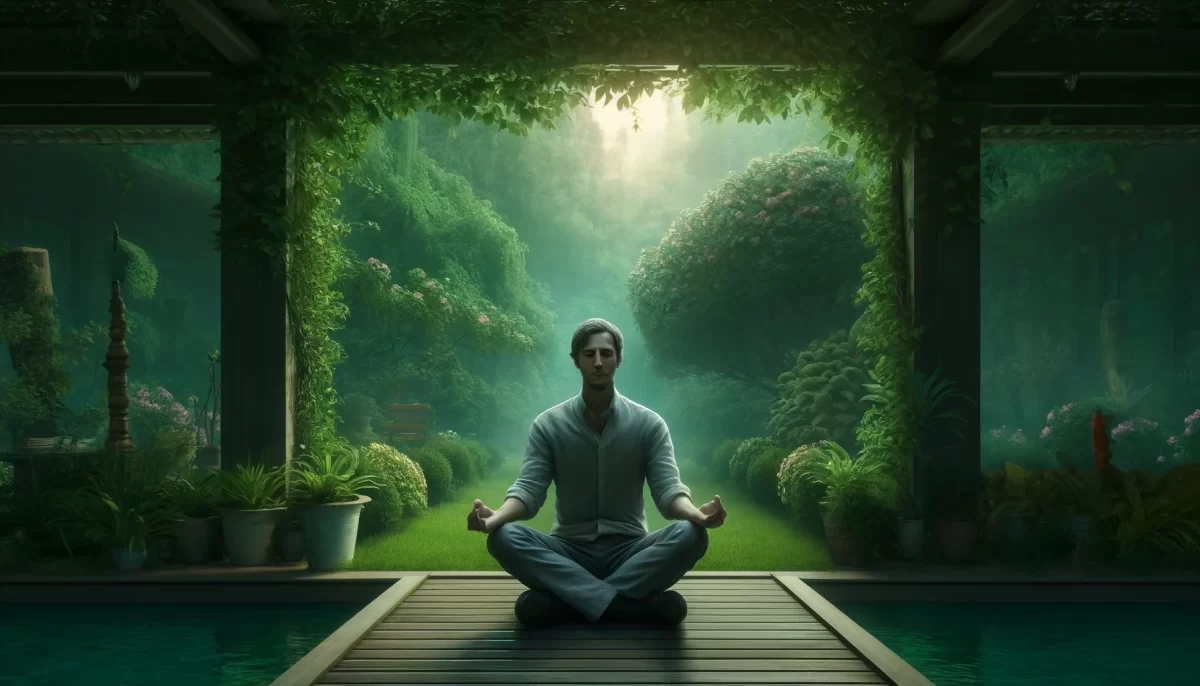
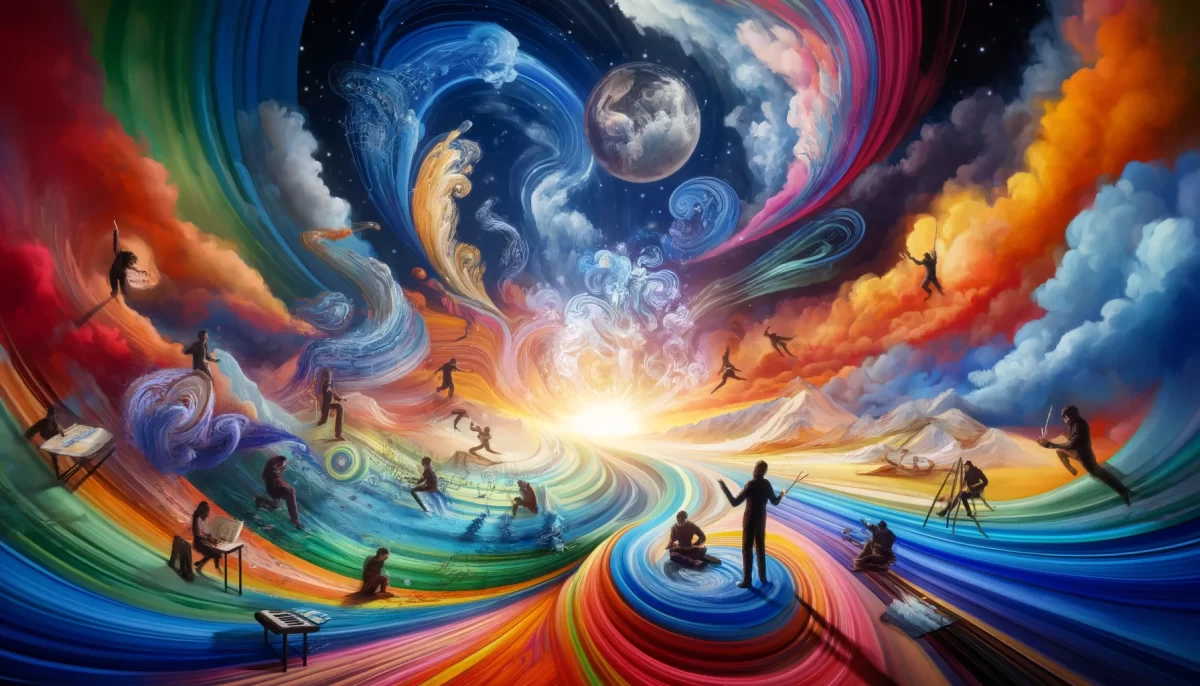
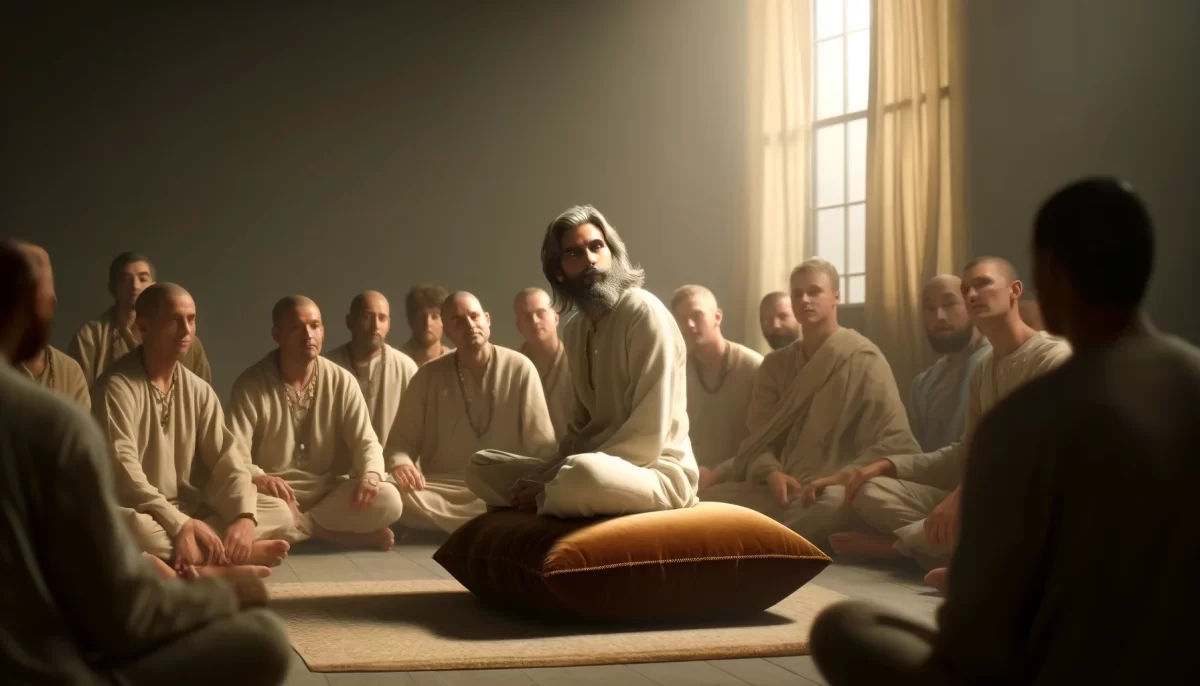
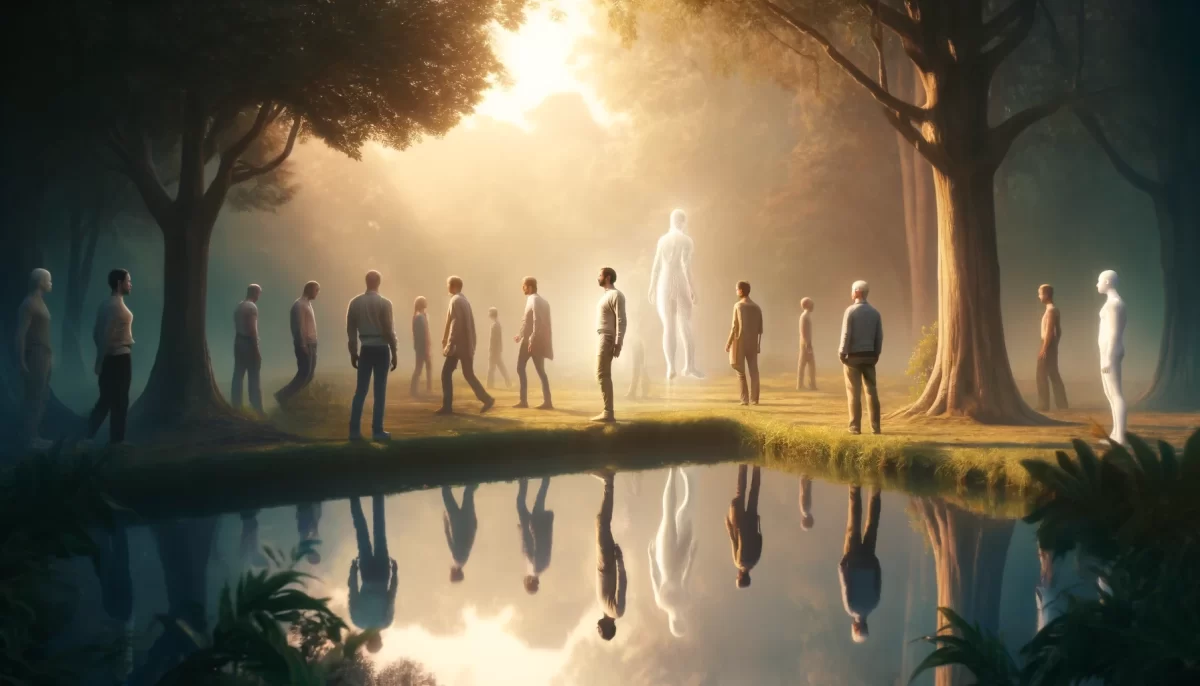

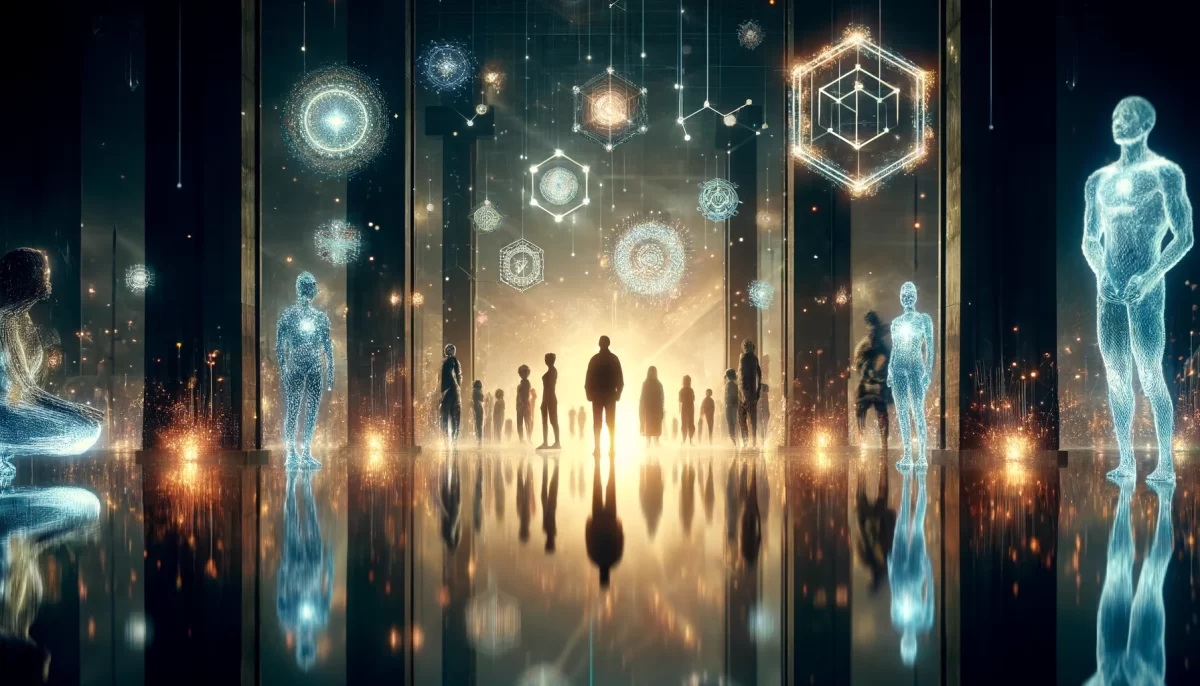
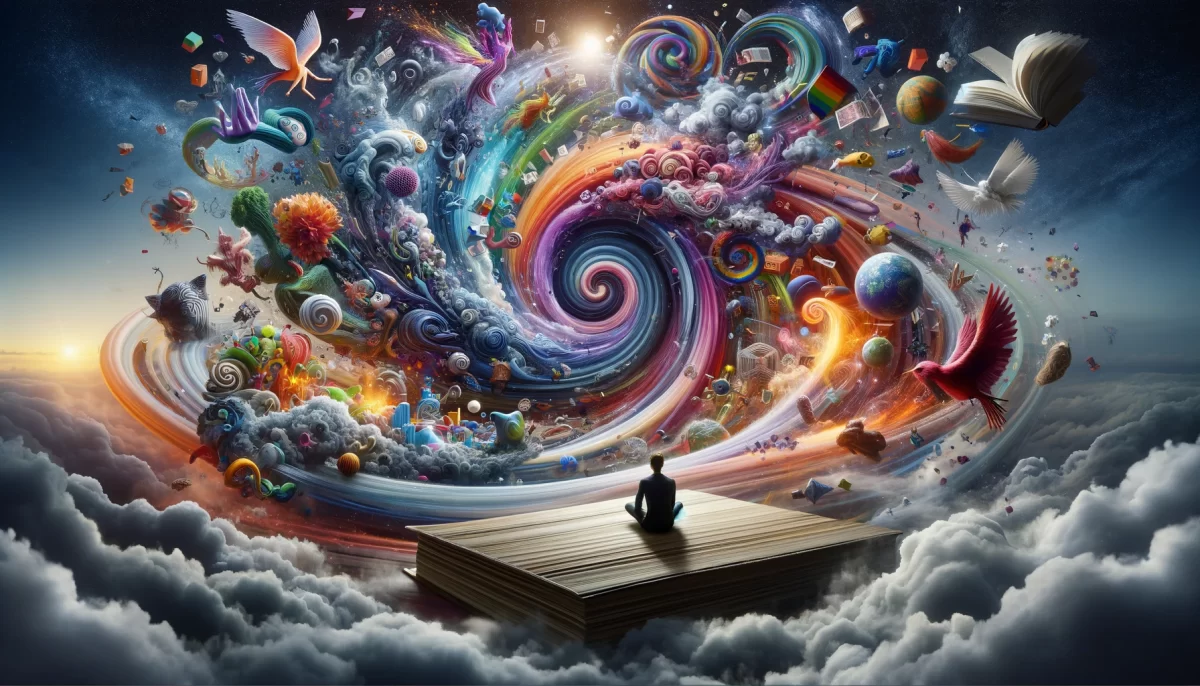
Leave a Reply